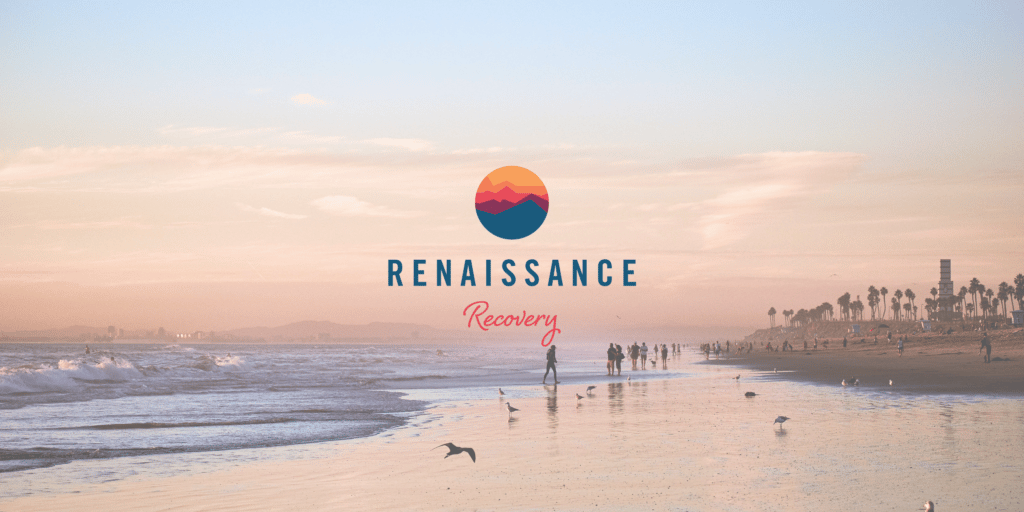Mindfulness is a state of mental focus and awareness of the present moment, and there has been ongoing research over the past decade on the association between mindfulness and addiction.
Traditionally used in meditation practices, mindfulness is also used as an element of some forms of CBT (cognitive behavioral therapy), including DBT (dialectical behavioral therapy) and mindfulness-based cognitive therapy.
To better understand mindfulness, it helps to put this concept into practice. Being mindful involves focusing your attention on the present moment rather than being mired in the past or thinking about the future. The goal of mindfulness is to become aware of both your inner experience and your external surroundings without forming an attachment to anything you’re experiencing.
The concept of mindfulness is rudimentary, but execution requires self-discipline and sharp focus. Thoughts of the past and the future continuously intrude. Acknowledge the thoughts, let them pass, and refocus on the present moment.
What is the link between mindfulness and drug addiction or alcoholism, then?

What is the Relationship Between Mindfulness and Addiction
In the same way as you can strengthen and grow your muscles by exercising, the brain can be easily shaped by both experience and practice. The repeated habits associated with compulsive substance use unwittingly help shape your brain to work against you, preventing you from being mindful.
With mindfulness exercises and other forms of meditation, you’ll start reshaping your brain. Not only will you gain greater awareness over your thoughts, but you’ll also discover how to control your actions.
In the context of addiction treatment, mindfulness-based interventions (MBIs) have been studied for the treatment of:
- Alcohol abuse
- Opioid misuse
- Substance abuse
- Smoking
How Mindfulness Can Help with Addiction Recovery
One of the most effective benefits of mindfulness and addiction recovery is the way you can learn how to quiet the mental chatter that often causes people to reach for alcohol or drugs. The early phase of addiction recovery is especially challenging, and your thoughts and emotions are likely to be turbulent. Mindfulness can prevent you from rushing from one thing to the next, instead methodically focusing on your treatment program and recovery.
As you become more proficient in mindfulness, you’ll start to notice many different sensory experiences you perhaps never noticed before. Active addiction causes structural and functional brain changes, eventually making it hard for you to experience pleasure naturally since the brain becomes dependent on substance-induced euphoria. Through mindfulness, you’ll learn to drink in your surroundings rather than a beer, becoming high on life instead of high on drugs or alcohol. The more you reinforce these healthy habits, the less likely you will be to seek artificial pleasure through addictive behaviors.
Beyond this, mindfulness will help improve the way you deal with life’s stressors. By remaining mindful and detached from things, you’ll find yourself avoiding automatic behaviors like substance abuse, instead focusing on a solution to the problem at hand.
Is Mindfulness Good for Addiction?
Having touched on the role of mindfulness in addiction treatment, it is worth underscoring that MBIs do not work for everyone. Per NIDA, addiction is a chronic and incurable brain condition, so mindfulness will not cure alcohol use disorder or substance use disorder, but it can be an effective cog in an integrated treatment program.
Like all therapies applied to addiction treatment, not all therapies work for all people. If you feel you are non-judgmental and accepting, learning the skills of mindfulness will be easier. Putting them into practice is the hard part, though, so how can you go about doing that?
Types of Mindfulness for Addiction Treatment
Here are some simple and actionable mindfulness techniques to get you started as you embrace sober living:
- Concentrate fully on the present moment
- Focus on your breathing
- Don’t overestimate the importance of thoughts
1) Concentrate fully on the present moment
Being somewhere without actually being there may seem counterintuitive, but it’s also a constant of modern life. If you’re talking to your kids while emailing a client, are you giving your full attention to either activity?
If you find yourself going through life on autopilot, your attention continuously focused on anything but the task at hand, you are essentially putting blinders on yourself and blunting your experience of life. With mindfulness and addiction recovery, rather than obsessing about a future that is uncertain or a past that’s not relevant to your present, learn to enjoy everything that sober living has to offer rather than letting your mind wander all the time.
Mindfulness is all about living in the present moment. You can start being more present by paying attention to small sensations – the soap on your hands in the shower, the taste and texture of your food, the feel of raindrops hitting your head. The more little things you take notice of, the more you will become anchored to the present.
2) Focus on your breathing
Stress is a byproduct of everyday life, and for many people with addiction, self-medicating with substances is the default option.
As you push forward with your recovery and leave substances behind, it is normal to become stressed. When this occurs, it is vital to prevent self-defeating thoughts that could easily derail your recovery and lead to relapse.
Take charge by focusing on your breathing rather than allowing yourself to be stressed by external factors over which you have little control. Center your attention instead on the internal elements you can control, such as your breathing.
You can start practicing this by focusing on the sensation of air entering and leaving your body during small breaks – while you’re waiting in line or at a stoplight, for example.
3) Don’t overestimate the importance of thoughts
Even if you don’t pay much attention to your thoughts, they are often the driving force behind your feelings and your actions. What you feel about yourself and others subtly influences the way you interact with others, how you carry yourself, and how efficiently you manage your life and your recovery.
Having said that, you should not confuse thoughts with reality. What you are led to believe is not always true. Everyone has unfounded beliefs, and everyone is susceptible to misconceptions and false assumptions. Through mindfulness you will learn to release any harmful ideas that run counter to your recovery – glorifying substance abuse, for instance, when the reality was a ruinous laundry list of negative outcomes.
The more you learn to recognize and dismiss negative or self-destructive thoughts, the more confidently you can stick with your recovery. Any time you find yourself feeling anxious or depressed, remind yourself that these are just thoughts, and you can allow them to pass.
What can you do if you’re interested in exploring mindfulness and addiction treatment here in southern California?
Get Help for Addiction at Renaissance Recovery
Here at Renaissance Recovery Center, we specialize in the outpatient treatment of a variety of addictions, including alcohol use disorder and substance use disorder. We also provide integrated dual diagnosis treatment for anyone with addiction and a co-occurring mental health condition.
As well as standard outpatient programs (OPs), you can engage with an intensive outpatient program (IOP) or a partial hospitalization program (PHP) if you need more structure and support to your treatment.
Although medication-assisted treatment (MAT) can be an invaluable component of an overarching treatment plan, MAT is supplemented with counseling and psychotherapy. In CBT or DBT sessions with your therapist, you can explore the concept of mindfulness and learn how to apply it to your recovery.
When you complete your treatment program here at Renaissance, mindfulness can also be interwoven into your relapse prevention plan to strengthen your chances of ongoing sobriety. We ensure you have the aftercare you need to thrive in sober living.
Call the friendly admissions team right now at 866.330.9449 and reclaim your life from the jaws of addiction.










